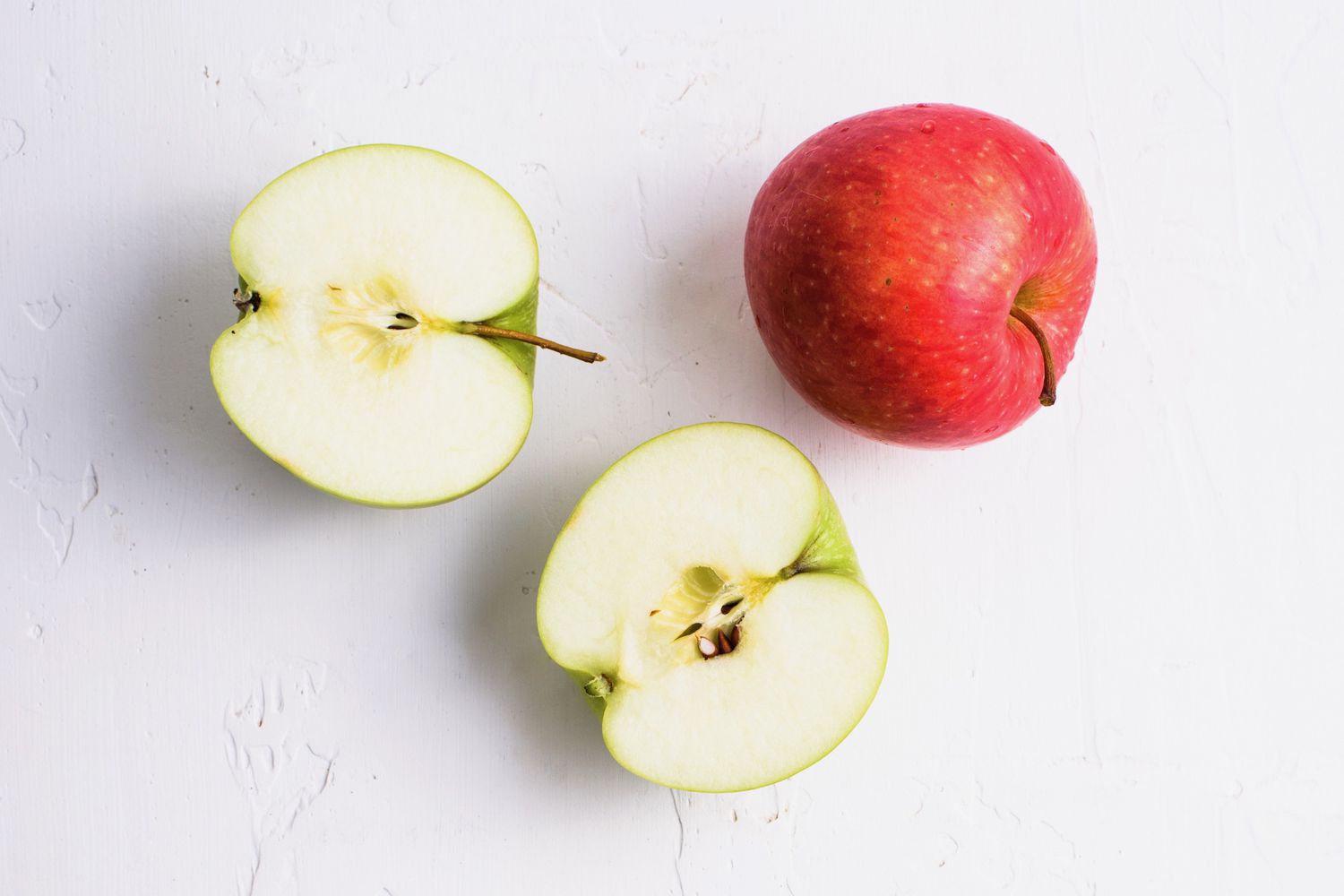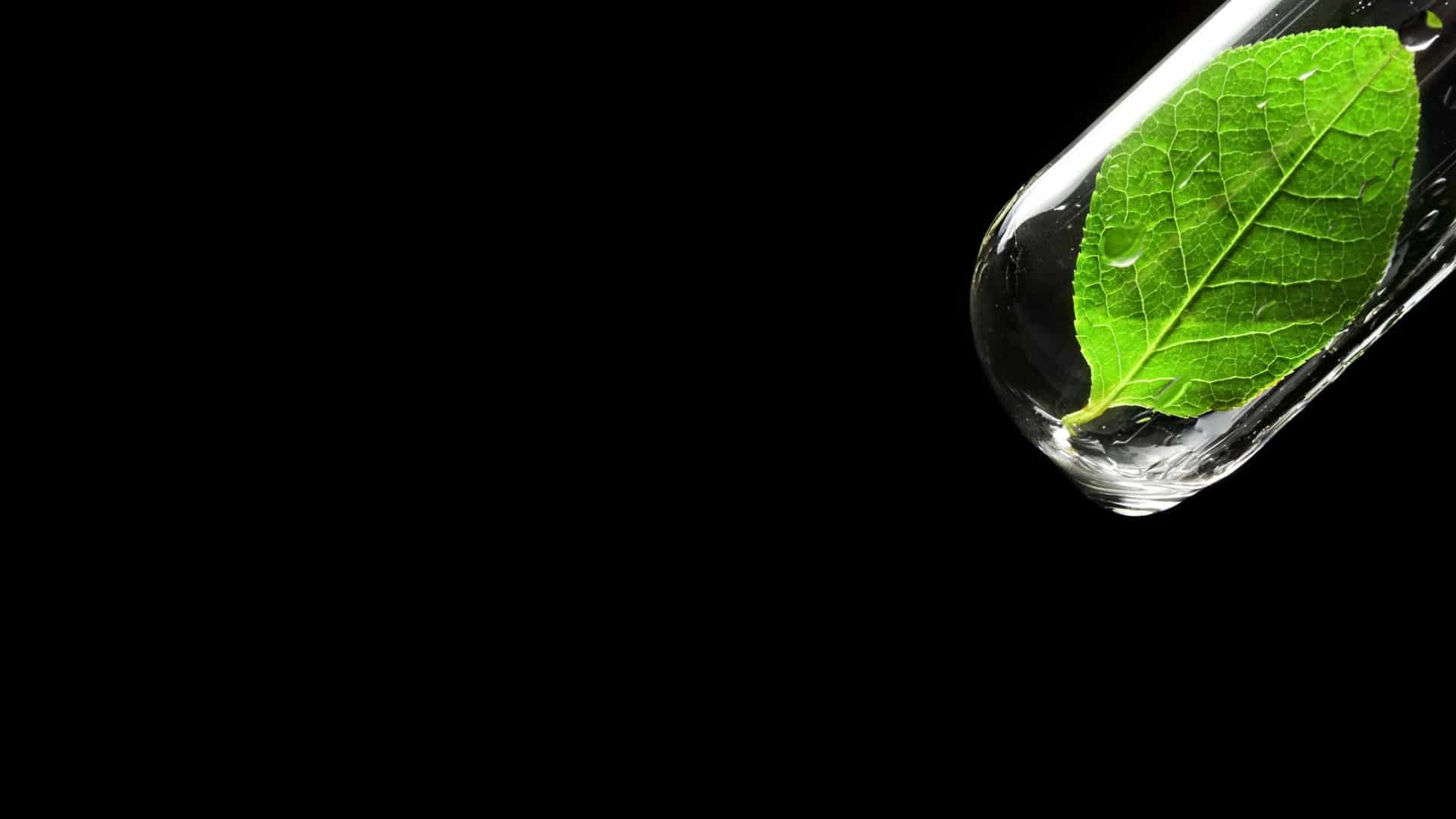Ultimately you're dealing with three variables:
- Which nutrients are present and, therefore, how they behave
- How easily those nutrients can be accessed by the person eating the fruit or veg
- How much of each of the nutrients in question there is in the fruit or veg
Regarding the first point, a nutrient like lactose or protein is very stable and won't degrade of itself over time, but the fruit will still continue respirating and so may use some of it up itself. In contrast, vitamin C is markedly less stable (particularly when you consider it is water-soluble and many people wash or soak fruit), so the fresher the fruit or veg the better.
Regarding the second point, it doesn't much matter how concentrated a nutrient is in a plant if your body can't get to it. There's loads of iron in spinach but it's not in a readily absorbable form. If you whizz up and blend your fruit to a smoothie it makes it much more easy for your body to get to those nutrients - including all that sugar that's now freely available to rot your teeth and give your blood a sugar spike. Readily available is not always good. However, particularly with fibrous vegetables like celery, chopping fairly small is a great idea to help expose those nutrients.
Regarding the third point, modern intensive farming - especially producing out of season veg - has definitely reduced the nutritional value of a lot of shop-bought fruit and vegetables. Packing in the nutrients takes time so if farmers and scientists try to grow the produce we want in half the time it's pretty understandable where the hit is going to be.
One point not touched on, however, is the amount of any nutrient we actually need. Just one orange contains about 80% of the recommended daily allowance of vitamin C even before you consume any of your other veg, so leaving an orange around in the fruit bowl for a few days is not going to cause you to have a vitamin C deficiency. However, some other trace elements or vitamins may well require you to eat certain veg as fresh as possible.
In practice, if you cook your veg lightly (steaming preferred to boiling to death) and eat it whilst it still looks nice and fresh then you'll be getting a perfectly reasonable amount of nutritional value that is more than enough to keep you healthy. If you want the best nutrition possible, grow your own even if it's just a few herbs in a window box.



